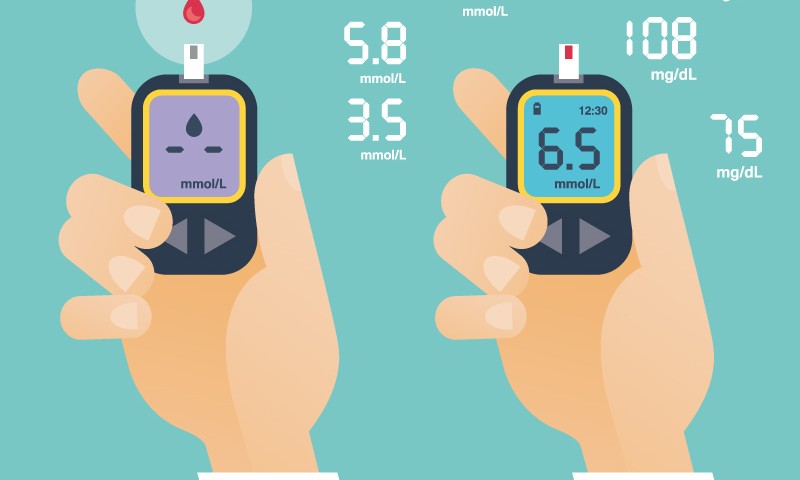In a new study entitled “Personalized Nutrition by Prediction of Glycemic Responses,” a team of scientists at the Weizmann Institute showed that the body responds to food in a highly individual-specific manner. The study was published in the journal Cell.
High blood glucose levels are a major risk factor for prediabetes and type 2 diabetes, and is a condition rapidly increasing, with estimates pointing to 37% of the adult population in the United States currently being affected by prediabetes and impaired glucose tolerance. As a result, maintaining normal blood glucose levels is essential for preventing diabetes as well as other metabolic syndromes, including obesity, hypertension, non-alcoholic fatty liver disease, hypertriglyceridemia, and cardiovascular disease.
Diet is a key factor determining blood glucose levels, therefore it is crucial to consume foods that maintain normal glucose levels. Notably, however, there is currently no method that predicts what is called postprandial (post-meal) glycemic responses (PPGRs) to food.
In this new study, a team of scientists led by the groups of Prof. Eran Segal of the Computer Science and Applied Mathematics Department and Dr. Eran Elinav of the Immunology Department at the Weizmann Institute, monitored continuously during a week the glucose levels in 800 healthy and prediabetic individuals. The scientists measured a series of features, including blood parameters, anthropometrics, physical activity, and self-reported lifestyle behaviors, and also determined the participant’s gut microbiota composition and function.
“We chose to focus on blood sugar because elevated levels are a major risk factor for diabetes, obesity and metabolic syndrome. The huge differences that we found in the rise of blood sugar levels among different people who consumed identical meals highlights why personalized eating choices are more likely to help people stay healthy than universal dietary advice,” explained Prof. Segal in a press release.
The researchers discovered that individuals respond to different diets in a highly specific manner. For example, the team observed that while a large part of the participants’ blood glucose levels increased sharply after a standard glucose meal, others exhibited an increase after consuming white bread, but not in response to glucose.
Dr. Elinav noted, “Our aim in this study was to find factors that underlie personalized blood glucose responses to food. We used that information to develop personal dietary recommendations that can help prevent and treat obesity and diabetes, which are among the most severe epidemics in human history.”
This goal was achieved by designing a machine-learning algorithm that integrated the vast collection of parameters related to clinical and microbiota features measured in a cohort of 800 individuals. Scientists showed that the devised algorithm was capable of predicting each individual’s PPGRs to food. Moreover, they discovered that designing personalized diet interventions based on this algorithm successfully lowered PPGRs, a phenotype that was accompanied by alterations in the individual’s microbiota. These findings have great implications for designing dietary interventions as a therapeutic approach for metabolic syndromes, including diabetes.


